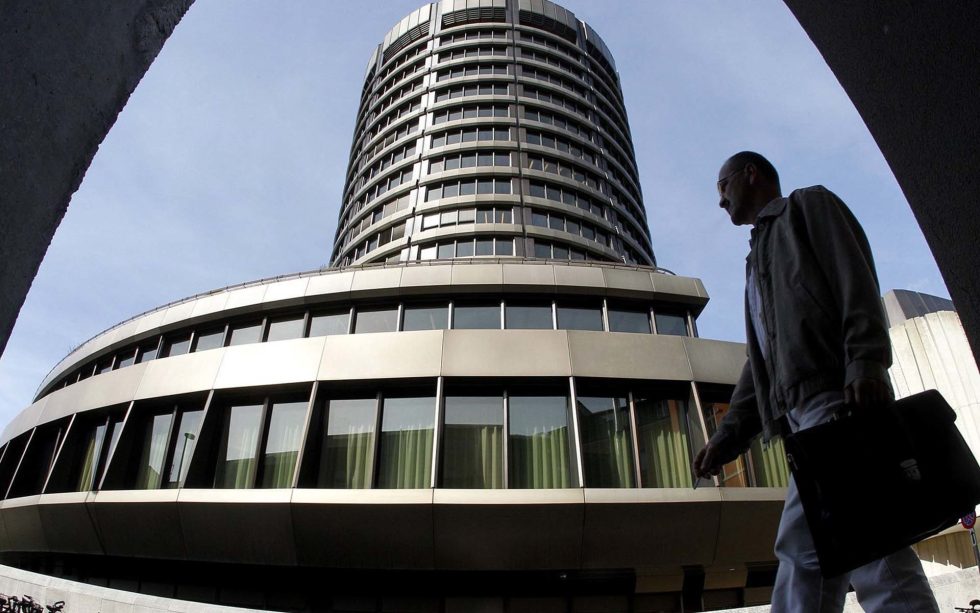Bitcoin figures have dismissed the latest report on cryptocurrencies by the Bank of International Settlements (BIS) after it claimed Bitcoin must stop using its Proof-of-Work algorithm.
BIS: Bitcoin Must Drop Proof-of-Work
The report, ‘Beyond the doomsday economics of “proof-of-work” in cryptocurrencies,’ was released January 21.
It focused on double-spend attacks within cryptocurrency blockchains, as well as the long-term future of Bitcoin mining profitability and blockchain stability.
The BIS, also known as the central bank of central banks, is well known as an outspoken critic of decentralized currencies in particular. Its previous announcements generated widespread criticism and even ridicule from the cryptocurrency industry.
“The conclusions are, first, that Bitcoin counterfeiting via ‘double-spending’ attacks is inherently profitable, making payment finality based on proof-of-work extremely expensive,” the latest paper’s author Raphael Auer writes summarizing its contents.
Second, the transaction market cannot generate an adequate level of “mining” income via fees as users free-ride on the fees of other transactions in a block and in the subsequent blockchain. Instead, newly minted bitcoins, known as block rewards, have made up the bulk of mining income to date.
Lightning Network Doubts
As such, Auer continues, when block rewards ultimately become zero, there will be insufficient momentum on the Bitcoin blockchain and it could take “months” to confirm a transaction.
The conclusion ignores uptrends in fees, as well as the combined effect of off-chain scaling technologies such as the Lightning Network, which already permits considerable expansion Bitcoin’s transaction processing capabilities.
Auer mentions Lightning, but is broadly dismissive of it, saying:
Second-layer solutions such as the Lightning Network might help, but the only fundamental remedy would be to depart from proof-of-work, which would probably require some form of social coordination or institutionalisation.
In a predictable backlash, cryptocurrency advocates lambasted the findings, with The Bitcoin Standard author Saifedean Ammous repeating calls for the BIS to engage in debate on its perspective.
Reminder that the BIS's head of research has time to give interviews on the flaws of bitcoin, but ignores my offer to debate these failings:https://t.co/iCYEet6VqN
— Saifedean Ammous (@saifedean) January 21, 2019
Other reactions gave some consideration to the report’s logic.
“Have to give BIS credit for identifying a decent Achilles’ Heel,” one Twitter user responded. “Fee market incentives should work, but we can’t throw it on a testnet to prove it. Bitcoin is the testnet.”
The banking group this week joins the Bank of England in throwing shade on Bitcoin. At the ongoing World Economic Forum in Davos, Huw van Steenis, senior adviser to governor Mark Carney, said cryptocurrencies in general “fail basic tests.”
“They’re not a great unit of exchange, they don’t hold value, and they’re slower [than fiat],” he said.
What do you think about the BIS’ latest report? Let us know in the comments below!
Images courtesy of Shutterstock
